Happy Feet (2006): The Animated Masterpiece That Got the Cold Shoulder
Happy Feet should be hailed as one of the greatest animated films of all time, right up there with the modern greats, The Lion King, Toy Story, and Spirited Away.
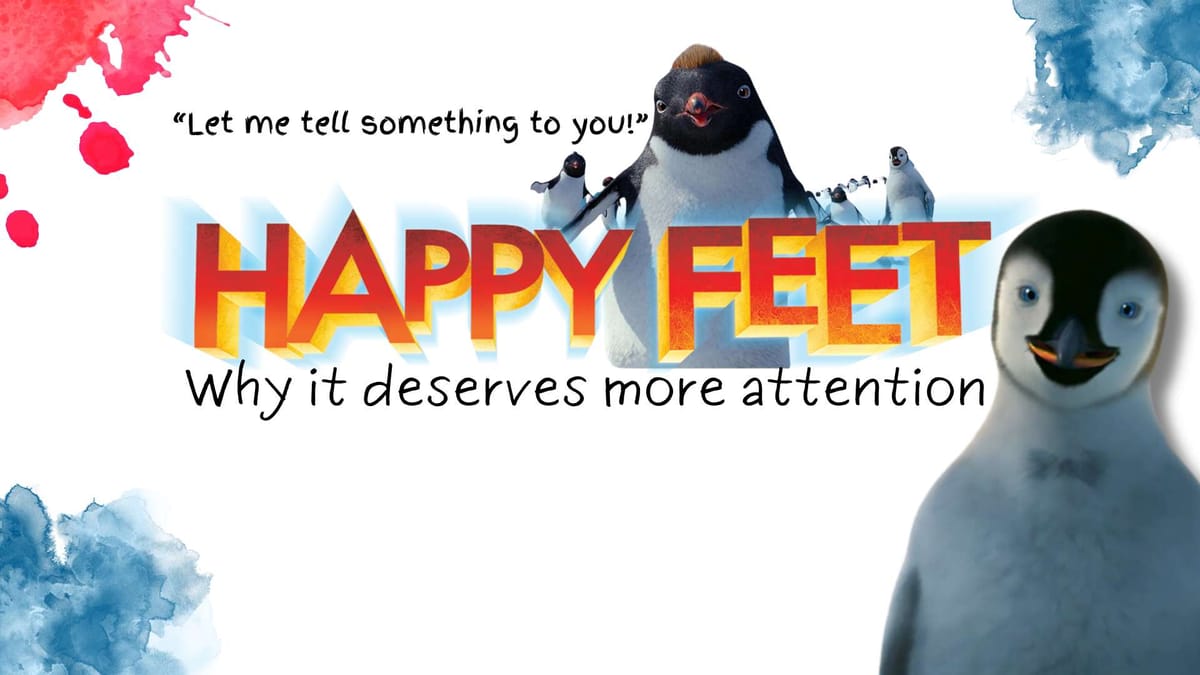
How did we get it so wrong?
Yet somehow, this 2006 penguin-powered, oscar winning tour de force has been left out in the cold.
But why?
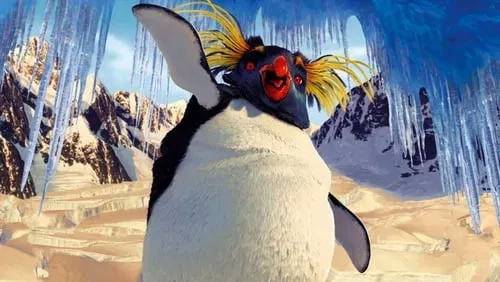
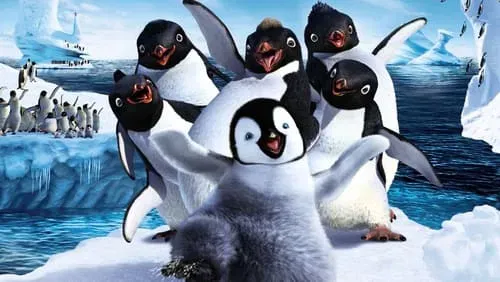
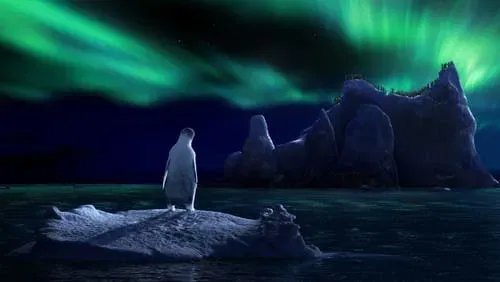
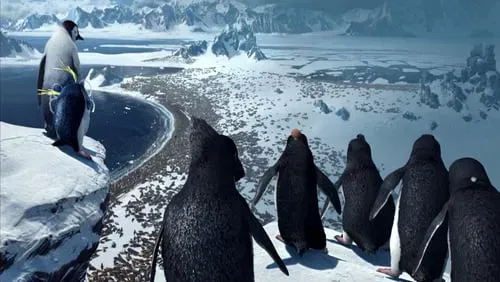
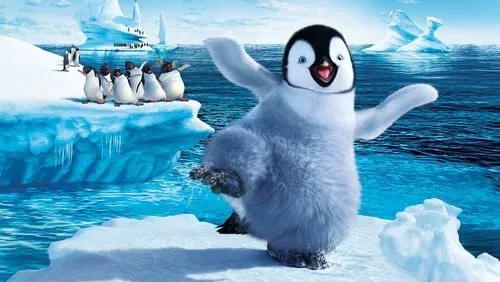
Was it too ahead of its time? Did its environmental message ruffle too many feathers? Or did we all collectively lose our minds and miss the artistic brilliance staring us right in the face?
In this deep dive, we're going to crack open this iceberg of a mystery. We'll dissect every aspect of the film - from its groundbreaking animation to its star-studded cast, from its toe-tapping musical numbers to its heartfelt storyline. We'll examine the critical response, audience reception, and even its box office performance.
By the time we're done, we'll either have solved one of animation's greatest injustices or... well, maybe we'll all be left scratching our heads, wondering if we've been watching the same movie all along.
So strap in, film buffs. It's time to put on our detective hats (and maybe some tap shoes) as we unravel the curious case of Happy Feet - the animated masterpiece that somehow got left out in the cold.
George Miller: Mad Max Goes... Cuddly?
At the helm of this icy adventure was none other than George Miller. Yeah, the same guy who brought us the high-octane Mad Max series. Talk about a 180, right? Miller's always been a bit of a chameleon, jumping from post-apocalyptic wastelands to talking pigs in Babe. But penguins? That was a new one.
Interestingly, Babe also had its fair share of critics. Is there something about Miller's style that just doesn't click with everyone when he steps into the animated world? What do you think? Does his unique vision translate well to family films, or does it leave some viewers scratching their heads?
A Star-Studded Spectacle on Ice
First things first, can we talk about that cast? Elijah Wood, fresh off his Hobbit feet, lends his voice to our tap-dancing hero Mumble. And then there's the late, great Robin Williams bringing the laughs as not one, but two characters. (Check out George Miller talking about Robin Williams) Throw in Hugh Jackman, Nicole Kidman, and Brittany Murphy, and you've got a voice cast that's shinier than a penguin's tuxedo.
But here's the million-dollar question: With all this star power, why didn't Happy Feet soar as high as some expected?
For me, one of the main reasons is around the realism of the film...
CGI: A Double-Edged Sword of Realism
Happy Feet's visuals are a paradox - both its greatest strength and, potentially, its Achilles' heel. Let's break it down:
The Wow Factor:
- Timeless Quality: Looks like it could have been made in 2024
- Hyper-Realism: Lifelike feathers, gleaming ice, stunning landscapes
- Technical Prowess: A benchmark for animated films even today
But here's where it gets tricky:
The Potential Drawbacks:
- Uncanny Valley Effect: Some viewers might find ultra-realistic animals unsettling
- Expectations Clash: The realism could conflict with the fantastical elements (singing, dancing penguins)
- Emotional Distance: Hyper-realistic characters might be harder to connect with emotionally
- Overshadowing Story: Did the dazzling visuals distract from the narrative?
Now, here's the kicker—what if this hyper-realism was precisely the point?
George Miller's Vision:
- Real-World Concerns: The film tackles serious issues like environmental conservation
- Emotional Impact: Realistic visuals drive home the gravity of the story's themes
- Blurred Lines: The realism blurs the line between animation and documentary, enhancing the message
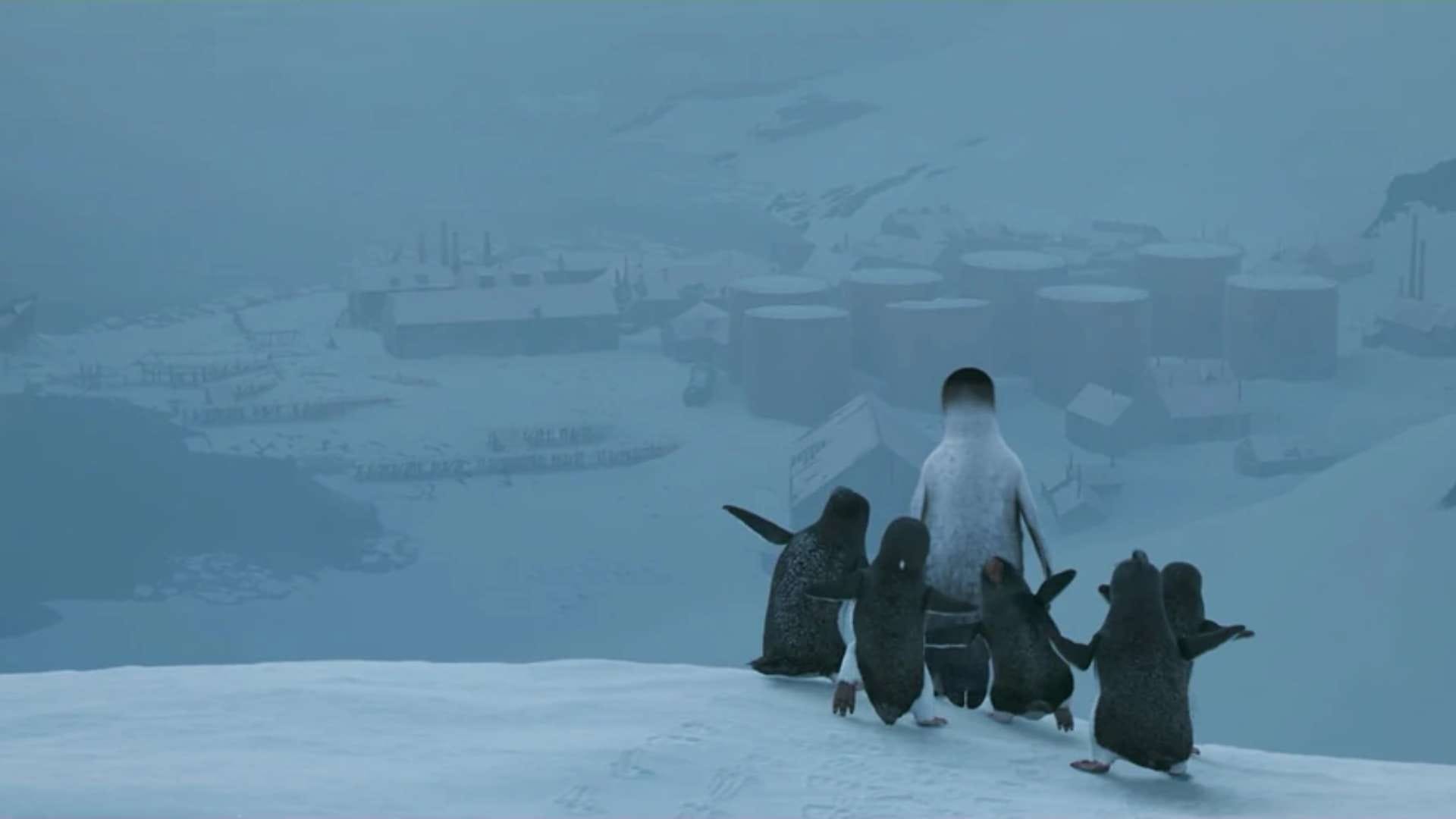
Consider this:
Had Miller opted for a more cartoonish style, would the film's crucial messages have hit as hard? The hyper-realism forces us to confront these animated penguins as if they were real creatures facing real threats.
- Imagine the scene of Mumble encountering human waste in a stylized, cartoony ocean. Now imagine it with near-photorealistic garbage floating in lifelike water. Which hits harder?
- The juxtaposition of realistic visuals with fantastical elements (singing, dancing) might jar some viewers, but doesn't it perfectly encapsulate the film's themes of being true to yourself in a world that doesn't understand you?
So, while the hyper-realism might have worked against Happy Feet in some ways, it may have been crucial in delivering its deeper message. It's a bold artistic choice that continues to spark debate - which is exactly what great art should do.
Beneath all the razzle-dazzle, Happy Feet was trying to tell us something important. Themes of individuality, environmental conservation, and cultural acceptance were woven throughout. Mumble's struggle to find his place in a world that doesn't understand him? That's some heavy stuff for a kids' movie.
But was it too heavy? Some critics praised the film for tackling serious issues, while others felt it was trying to cram too much into its 108-minute runtime. Where do you stand on this? Is it possible for an animated film to be too ambitious?
Recommended Read...

A Soundtrack That'll Get Your Flippers Flappin'
One thing's for sure - Happy Feet knew how to get your toes tapping. The musical numbers were a mash-up of pop hits and original tunes that had me bouncing in my seat. From Mumble's heartfelt rendition of "My Way" to the show-stopping "Boogie Wonderland" finale, the music was the heartbeat of this flick.
But here's where things get dicey. Some folks loved the musical element, while others felt it was... well, a bit much. What's your take? Did the constant singing and dancing enhance the story, or did it feel like you were watching "Penguins Got Talent"?
Box Office Performance: A Balanced Act with a Shocking Twist

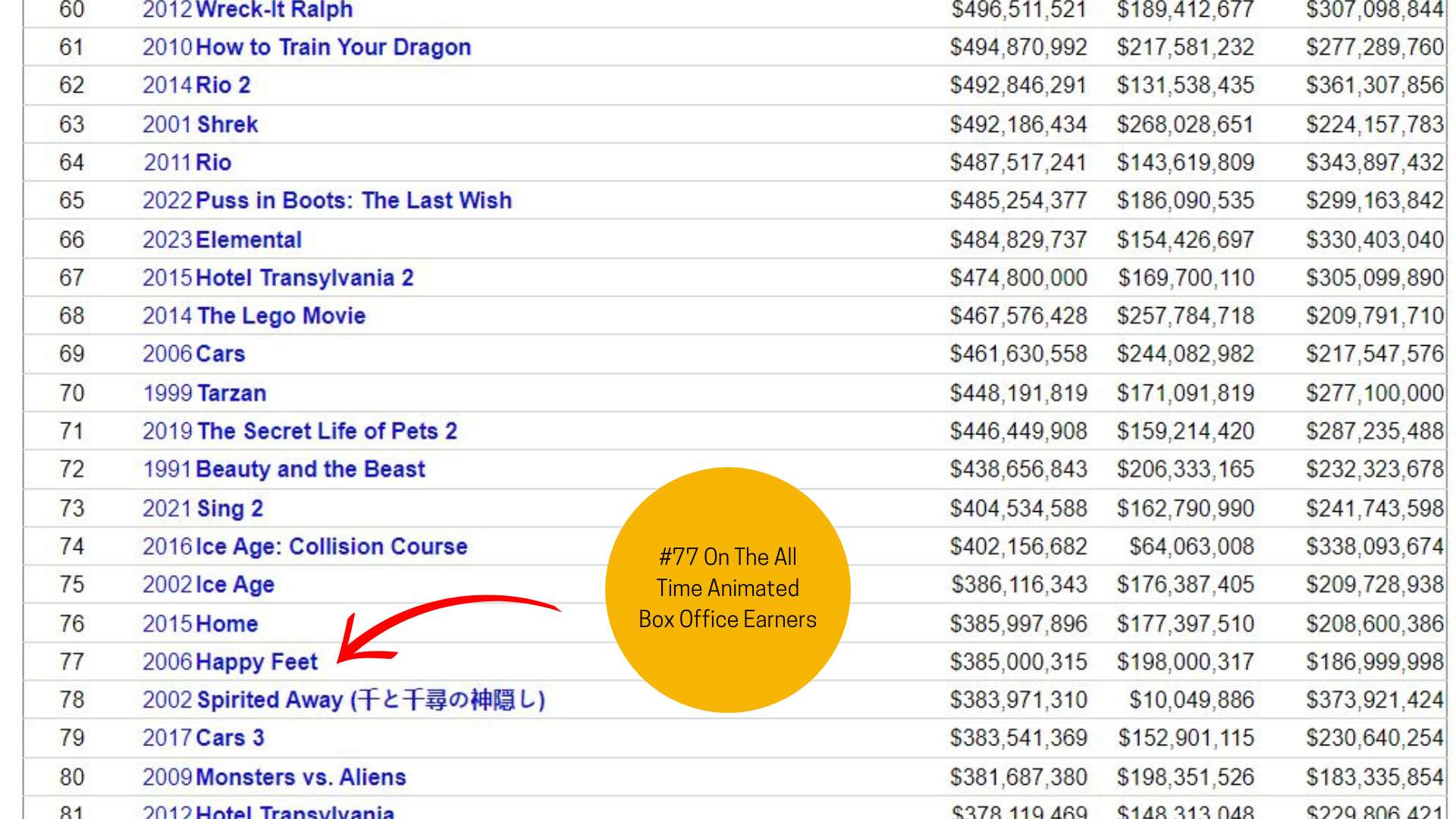
2006 Box Office and All Time Animated Box Office Numbers
Let's crunch some numbers on Happy Feet's box office performance:
- Worldwide gross: $384,335,608
- Domestic (US) earnings: $198,000,317 (51.5%)
- International earnings: $186,335,291 (48.5%)
- Budget: $100 million
Key facts:
- Ranked 10th at the global box office for 2006
- Showed a balanced performance between domestic and international markets
Comparison to contemporary animated films:
- Ice Age: The Meltdown (2006): $660,998,756 worldwide
- Cars (2006): $461,983,149 worldwide
Happy Feet outperformed its budget significantly but fell short of the year's top animated earners. Its balanced domestic-international split (51.5%–48.5%) contrasts with Cars (52.8% domestic) and Ice Age: The Meltdown (70.4% international).
Now, brace yourselves for the shocking twist: Despite its initial success and Oscar win, Happy Feet currently sits at a jaw-dropping #77 on the all-time worldwide animated box office list. How can a film that was once the talk of the town now find itself so far down the pecking order? This staggering fact raises serious questions about the film's long-term commercial impact and its place in animation history.
Critical Confusion and Audience Divide

Here's where things get really interesting. Happy Feet won the Oscar for Best Animated Feature, but it also had its fair share of detractors. Some critics hailed it as a masterpiece, while others dismissed it as a confused mess.

The audience reaction was equally split. Some folks left the theatre tapping their feet, while others left scratching their heads. Why do you think this movie caused such a divide? Is it possible for a film to be both brilliant and flawed at the same time?
So, where does Happy Feet stand today? It's been almost two decades since Mumble first danced his way into our hearts (feeling old yet?). Has it left a lasting impression on pop culture, or has it been overshadowed by more recent animated hits?
Personally, I think Happy Feet deserves more credit than it gets. Sure, it's not perfect, but its ambition, stunning visuals, and heartfelt message make it a unique entry in the animated canon. But hey, that's just my two cents.
What do you think? Is Happy Feet an underappreciated gem, or is its divisive nature justified? Has your opinion of the film changed over time? Drop a comment below and let's keep this discussion going!
Remember, in the world of movies, there's no right or wrong answer. Just like Mumble, sometimes it's the films that don't quite fit in that end up being the most memorable. Keep tapping those happy feet, movie lovers!


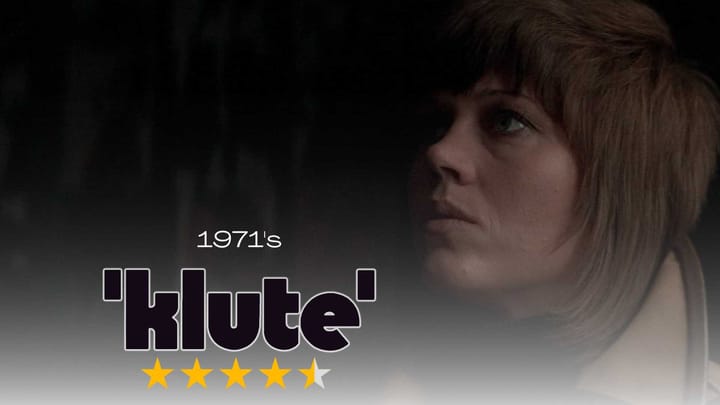

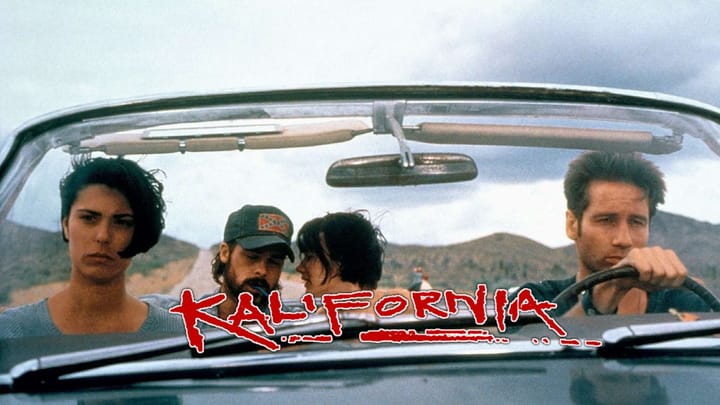
Comments ()